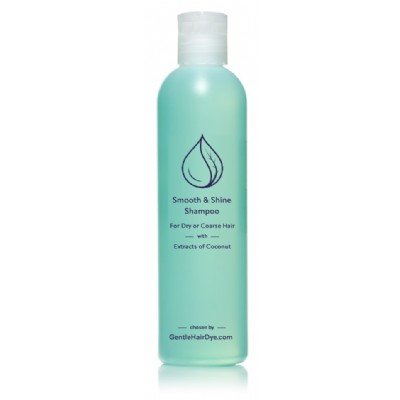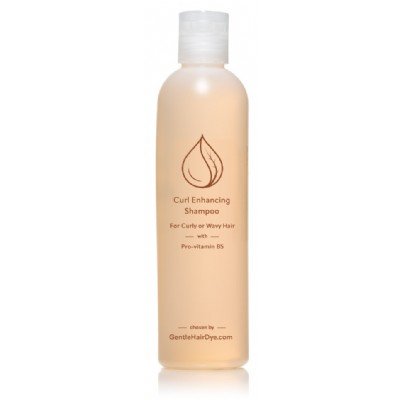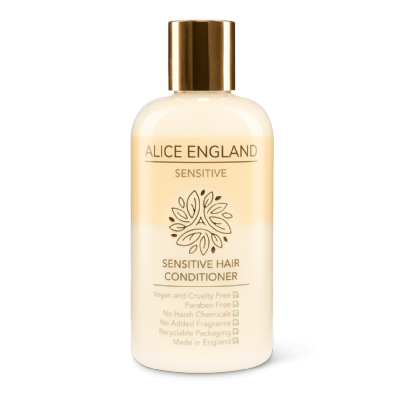
A brief history of coconut
Coconut is an edible fruit that we all associate with tropical holidays, originated in Indo-Malaya. High in fat, it can be dried, eaten fresh or processed into coconut milk or oil. Coconut has become a bit of a trend in recent years, especially in oil form. Celebs have even been known to add it to their coffee as a nutritional supplement.
The historic uses of coconut have been pretty varied with people eating the flesh, drinking the water and drying the husks for the manufacture of ropes, mats, baskets, brushes, and brooms. Coconut's primary use throughout history has been for eating, not least because it’s rich in saturated fats making it highly nutritious especially if food is scarce.
Of coconut oil, the US National Library of Medicine National Institutes of Health published an article from the Ghana Medical Journal, said:
“One of the most important edible oils in the sub-Saharan Africa, are coconut oil - rich in saturated fats […] The coconut oil traditionally produced in West Africa is made by crushing and pressing copra to extract the oils. This is done in large mills and the oil is freely available on the market. […] Coconut oil has been shown to have the potential to protect against not only heart disease but a wide variety of chronic health problems including diabetes and cancer as well as a means to prevent and even treat infectious diseases, however, knowledge about coconut oil has been kept buried in medical journals because of a general prejudice against saturated fats.”
145030-400-400-400-400.jpg)


